CLIMATE SURVEYS
Evaluate your risk. Understand perceptions. Inform your path to a respectful school climate.
Our Climate Surveys
Bias, Inclusivity, and Discrimination
What is measured:- Who experiences
- Who perpetrates
- Where it occurs
- If people report and to whom
- Why people don’t report
- How often it occurs
Sexual Misconduct and Harassment
What is measured:- Who experiences
- Who perpetrates
- Where it occurs
- If people report and to whom
- Why people don’t report
- How often it occurs
Appropriate Boundaries
What is measured:- What boundaries are crossed
- Who violates boundaries
- What are safe reporting spaces
- Are employees clear on roles
- What are high risk situations
Comprehensive Culture Assessment
Complete survey includes:- Bias, discrimination, and inclusivity
- Sexual misconduct and harassment
- Appropriate boundaries
The National Climate Survey on Gender, Harassment and Sexual Misconduct
Incidence & Prevalence
Who, what, where, why, when
Fine Tune Prevention
Pinpoint comprehension &
behavioral disconnects
Find Liability Gaps
Protocol & procedure missteps
Neutral Third Party
What you need to hear, not what you
want to hear
Meet the Climate Survey Development & Research Team

Sara Carrigan Wooten, Ph.D
Deputy Director of Mission & Culture, Cascade AIDS Project
Louisiana State University
Pronouns: she/her/hers

Kristelle Aisaka, MPH, MSW, CHES
Senior Manager of Design & Impact; The Jed Foundation (JED)
Washington University in St. Louis
Pronouns: she/her/hers
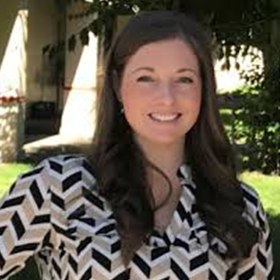
Michelle Bangen, MPH, CHES
Co-Founder, Incite Agency for Change
Oregon State University
Pronouns: she/her/hers

Tina Bloom, Ph.D, MPH, RN
Associate Professor, Endowed Chair
Notre Dame of Maryland University
Pronouns: she/her/hers

Tara L. Cornelius, Ph.D.
Professor, Department of Clinical/Interpersonal Relationship Psychology
Grand Valley State University
Pronouns: she/her/hers
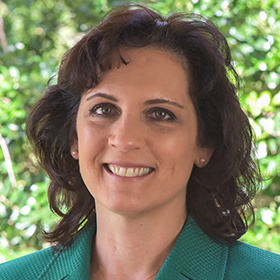
Catherine Downes
Title IX Expert and Co-Director of Wellness-Connect
Campus Outreach Services
Pronouns: she/her/hers
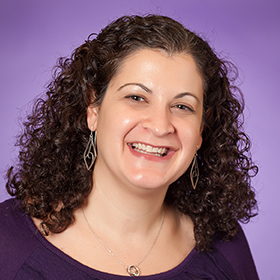
Nada Elias-Lambert, Ph.D, LMSW
Assistant Professor and Department Chair, Social Work
Texas Christian University
Pronouns: she/her/hers
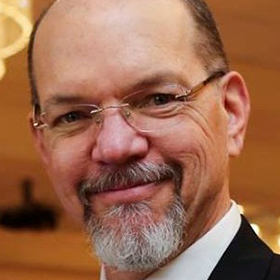
William Flack, Ph.D
Professor of Psychology
Bucknell University
Pronouns: he/him/his
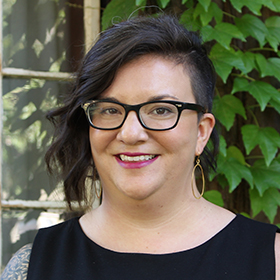
Corey E. Flanders, Ph.D
Professor of Psychology
Mount Holyoke College
Pronouns: she/her/hers

Brooke Gilmore, MA
Manager of Library Governance & Engagement
Harvard Library
Pronouns: she/her/hers
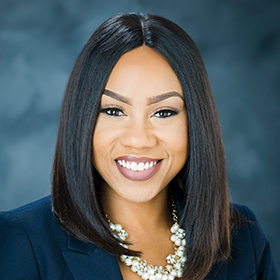
Christina A.R. Gladney, Ph.D, MPH
Interim Vice President of Student Affairs
Stillman College
Pronouns: she/her/hers
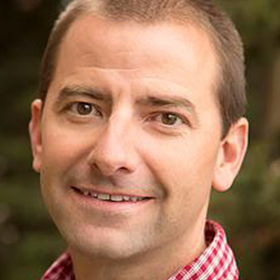
Matt J. Gray, Ph.D
Professor of Psychology, Sexual Violence Prevention
University of Wyoming
Pronouns: he/him/his
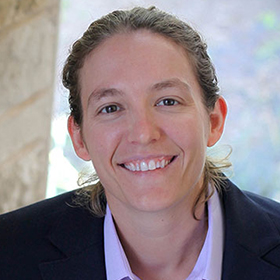
Amy S. Huntington, MA
Associate Director of Student Affairs
Northwestern University
Pronouns: she/her/hers

Jennifer Katz, Ph.D
Professor of Psychology
SUNY at Geneseo
Pronouns: she/her/hers

Katherine Koestner
Executive Director
Campus Outreach Services
Pronouns: she/her/hers

Kathryn Laughon, Ph.D, RN, FAAN
Associate Professor Director, Ph.D Program
University of Virginia
Pronouns: she/her/hers

Susan B. Marine, Ph.D
Vice Provost, Graduate & Continuing Education
Merrimack College
Pronouns: she/her/hers

Victoria Mauer, Ph.D
Director of Research & Evaluation, Boys & Girls Club of America
University of Virginia
Pronouns: she/her/hers
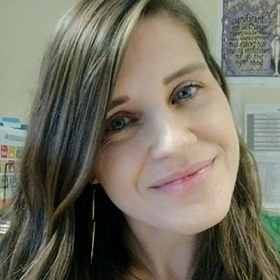
Jen Mudge, MSW, LSW
Public Policy Coordinator, Texas Council on Family Violence
Marywood University
Pronouns: she/her/hers
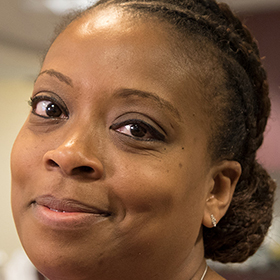
LaNika Wright, Ph.D
Associate Vice Chancellor of Health & Well-Being
East Carolina University
Pronouns: she/her/hers

Veronica Shepp, Ph.D
Assistant Professor of Sociology & Anthropology
Montana State University
Pronouns: she/her/hers
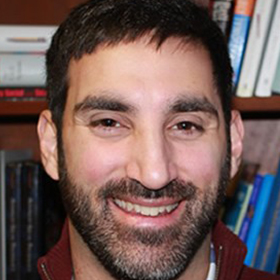
Kevin Swartout, Ph.D
Professor of Psychology & Public Health
Georgia State University
Pronouns: he/him/his

Elizabeth Taylor, Ph.D
Assistant Professor of Sport & Recreation Management
Temple University
Pronouns: she/her/hers
646.535.0120
646.535.0120
© 2025 Campus Outreach Services.
All Rights Reserved.
